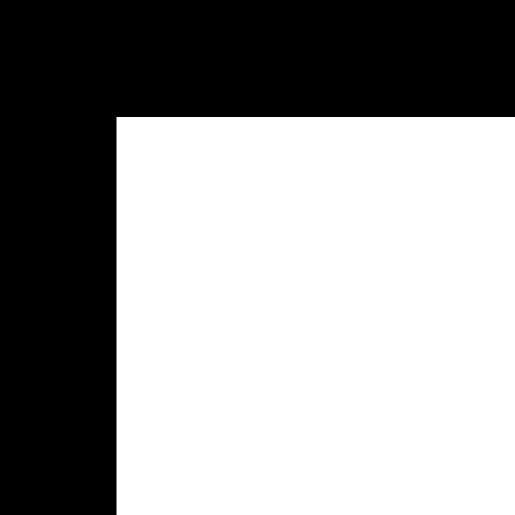Blind Field, 2014
Series of facades images - inexpressive face of buildings – rebuilt with mathematical caution and aesthetic rigor that could fully line up to the historical references of art and their recurrences in the contemporary use. The photographs, even similars, are always different between themselves. Spaces work as visual silences in the landscape of São Paulo.
48 imagesIvan Padovani was born in 1978 in São Paulo, Brazil where he lives and works. He has a graduate degree in Administration and a post graduate in Photography from FAAP – Armando Álvares Penteado Foundation and is currently part of the Hermes Artes Visuais Ateliê study group. His project, Campo Cego (Blind Field), participated in the exhibition Time – Space – Existence, which is a part of the 15th International Architecture Exhibition 2016 of the Venice Biennale programming. He was also selected to take part in the Diário Contemporâneo de Fotografia Prize 2014, as well as the Descubrimientos Programming of the PhotoEspaña Festival. In 2016 he was also finalist of the Conrado Wessel Photography Prize, with his new project, Superfície (Surface). The artist is represented by Galeria da Gávea, in Rio de Janeiro City. He is the author of the blog Marcador, and contributes to the Digital Photographer Brasil Magazine. He also teaches photography at Panamericana Arts School, Madalena Centro de Estudos da Imagem and Hermes Artes Visuais. Through schematic photographs the artist reimagines and recombines architectural elements to create a new inventory that reflects the experience of urban spaces. He has a particular concern about their transitory character, transmutation, and mainly, their setbacks. He employs a methodology inspired by conceptual art which echos manufacture and automatism, through which he creates a clean visual metric endowed with measure and rhythm. Whether with blind facades of buildings or the back side of real estate sales stands, the direct photography of Ivan Padovani looks critically at the aesthetic of spaces that were erected to be denied, making contact with the precariousness of life and the fragility and vulnerability of our constructions.





